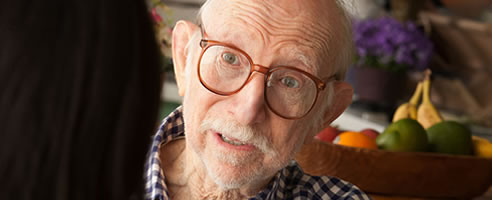
Recently The Atlantic magazine published an article “In Grief, Try Personal Ritual” about the positive influence of private ritual for people dealing with the death of a loved one. The article’s author quotes Joan Didion from her book The Year of Magical Thinking, which is about how she survived her husband’s unexpected death from a massive heart attack. No mention is made, however, of the fact that Didion’s only child died a mere 20 months later.





